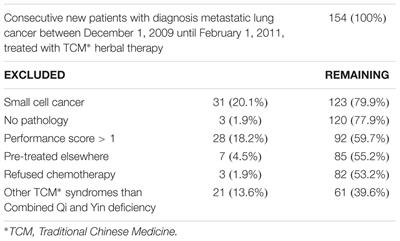ORIGINAL RESEARCH
Published on 23 Mar 2018
Inhibitory Effect of Kurarinone on Growth of Human Non-small Cell Lung Cancer: An Experimental Study Both in Vitro and in Vivo Studies

doi 10.3389/fphar.2018.00252
- 3,378 views
- 37 citations
44k
Total downloads
216k
Total views and downloads
ORIGINAL RESEARCH
Published on 23 Mar 2018

ORIGINAL RESEARCH
Published on 01 Mar 2018

REVIEW
Published on 09 Feb 2018

ORIGINAL RESEARCH
Published on 05 Feb 2018

REVIEW
Published on 31 Jan 2018

REVIEW
Published on 14 Dec 2017

ORIGINAL RESEARCH
Published on 28 Nov 2017

ORIGINAL RESEARCH
Published on 10 Oct 2017

ORIGINAL RESEARCH
Published on 12 Sep 2017

ORIGINAL RESEARCH
Published on 14 Aug 2017

ORIGINAL RESEARCH
Published on 17 Jul 2017

REVIEW
Published on 30 Jun 2017
